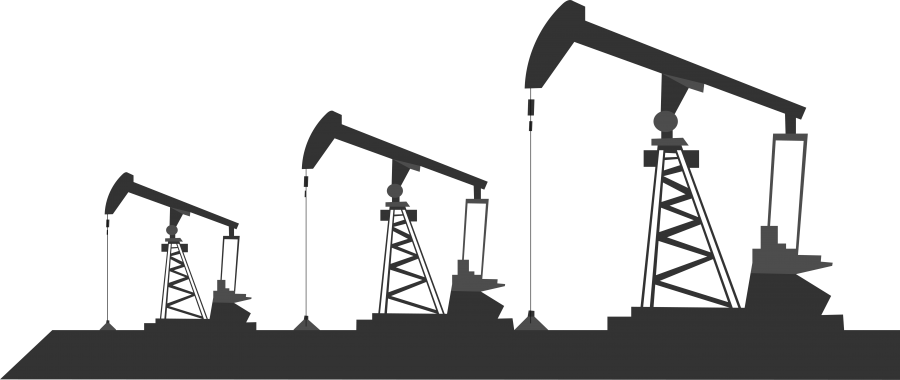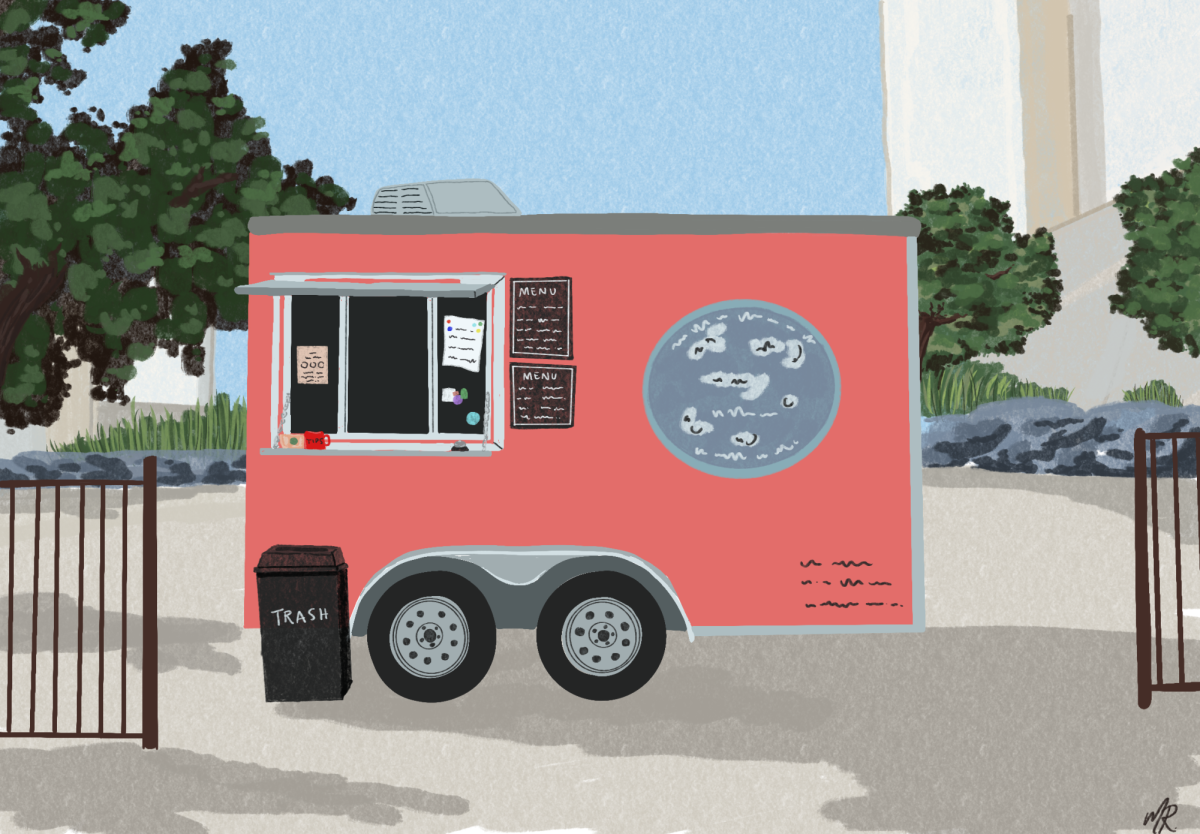University Lands is one of our state’s most important and enduring competitive advantages, and the revenue stream it produces is unlike any other in American higher education.
According to the UT System Permanent University Fund, “In 1876, the Texas Constitution set aside land in West Texas to support the University of Texas and Texas A&M systems.” Today, these lands — spanning 2.1 million acres across 19 counties of West Texas — are leased to oil and gas companies. These companies drill wells, and revenue is deposited into the Permanent University Fund and then distributed to all 14 UT System institutions and 10 A&M institutions and agencies.
In the last 10 years, more than $2.6 billion have gone to UT’s academic and health institutions to fund dozens of capital projects that support life-changing research that leads to better treatments for deadly diseases and new discoveries that improve our quality of life. These projects include UT Austin’s Dell Medical School and the rebuilding of the Marine Science Institute in Port Aransas, which was heavily damaged by Hurricane Harvey in 2017. Permanent University Fund revenue has also been used to recruit and retain nationally renowned faculty and build much needed classrooms and labs so that UT students receive a top-quality education.
As one of Texas’ largest land and mineral management organizations, University Lands is proud to support UT and A&M while helping to responsibly meet the world’s growing demand for low-cost energy. Because University Lands must continue to serve future generations, we strive to be a leader in environmental stewardship and set the standard for best land and mineral management practices across the state.
Recognizing greenhouse gas emissions have generated increasing concern in recent years, we believe that strong environmental safeguards and policies must be adopted and followed. We are committed to improving operator performance in this area and are actively working to reduce methane emissions on University Lands.
To that end, University Lands’ operating requirements meet or exceed state and federal regulations, and we work closely with agencies including the Railroad Commission of Texas, Texas Commission on Environmental Quality, Texas Parks and Wildlife Department and the U.S. Fish and Wildlife Service to ensure compliance and best practices.
University Lands leases include multiple provisions not required by the government to protect the natural resources of West Texas, and in recent years, University Lands increased unannounced physical lease inspections and now completes hundreds of inspections annually.
In 2018, University Lands announced an Environmental Stewardship Incentives Program, which provides $1 million in matching funds to encourage operators to install up-to-date emissions equipment. Furthermore, University Lands recently announced its alignment with The Environmental Partnership and is encouraging operators to commit to ambitious emissions reduction goals, which can be found at theenvironmentalpartnership.org.
These efforts combined with those of the operators are making an impact. In the Permian Basin, where most of University Lands acreage is located, emissions continue to decline. Specific to operations on University Lands, the latest EPA data indicates that emissions have decreased 24% while production increased by 21% since 2014. This performance is expected to improve even further with industry-led technology efforts and improvements in infrastructure.
While the bulk of revenue is generated from oil and gas activity, our work goes far beyond hydrocarbons. These lands are home to extensive ranching and grazing operations. They supply clean drinking water for local communities and, as part of our recent focus on renewable energy, will soon be home to as many as 80,000 acres of solar panels and wind turbines that will power places like the City of Austin.
University Lands’ prudent management of commercial activities occurring on the lands is essential to the past, present and future of Texas higher education. For more than a century, University Lands has benefited the great state of Texas and also enabled access to low-cost energy for millions of Americans and the rest of the world. Care of this invaluable asset — which includes air quality — is a top priority for University Lands and the UT System, and it will always be our mission to protect these lands to ensure they support UT and A&M institutions for generations to come.
Houser is the CEO of University Lands.















